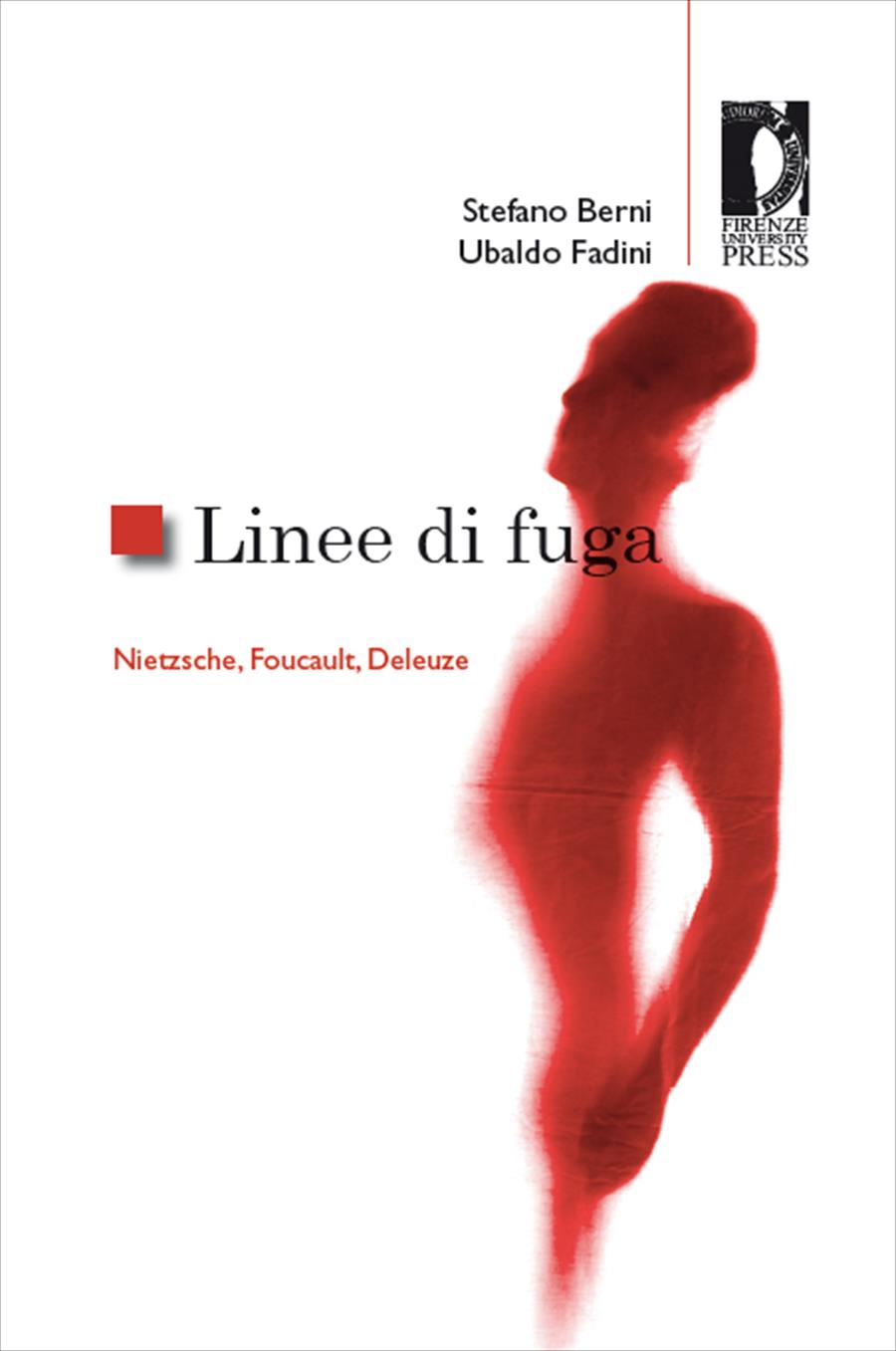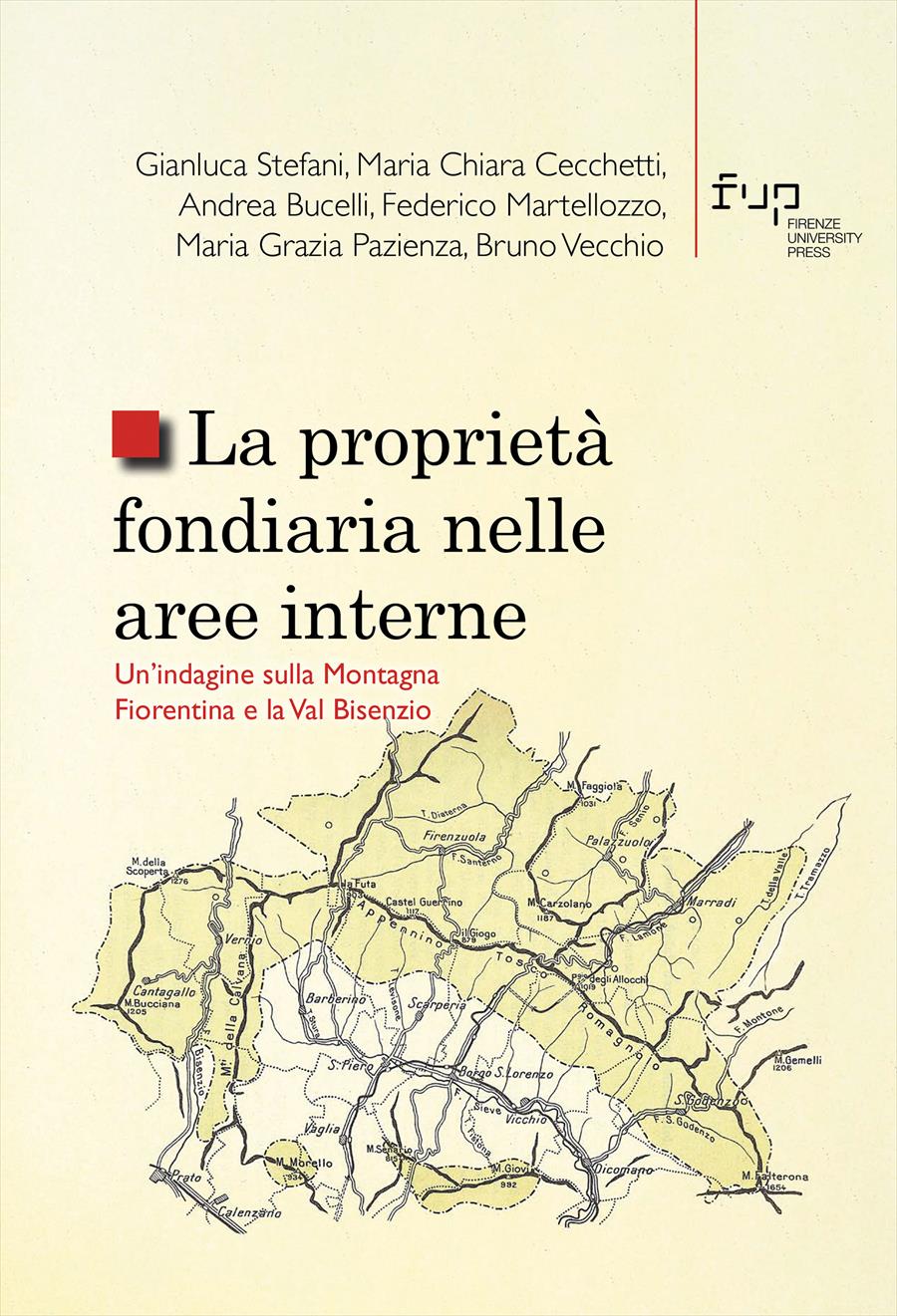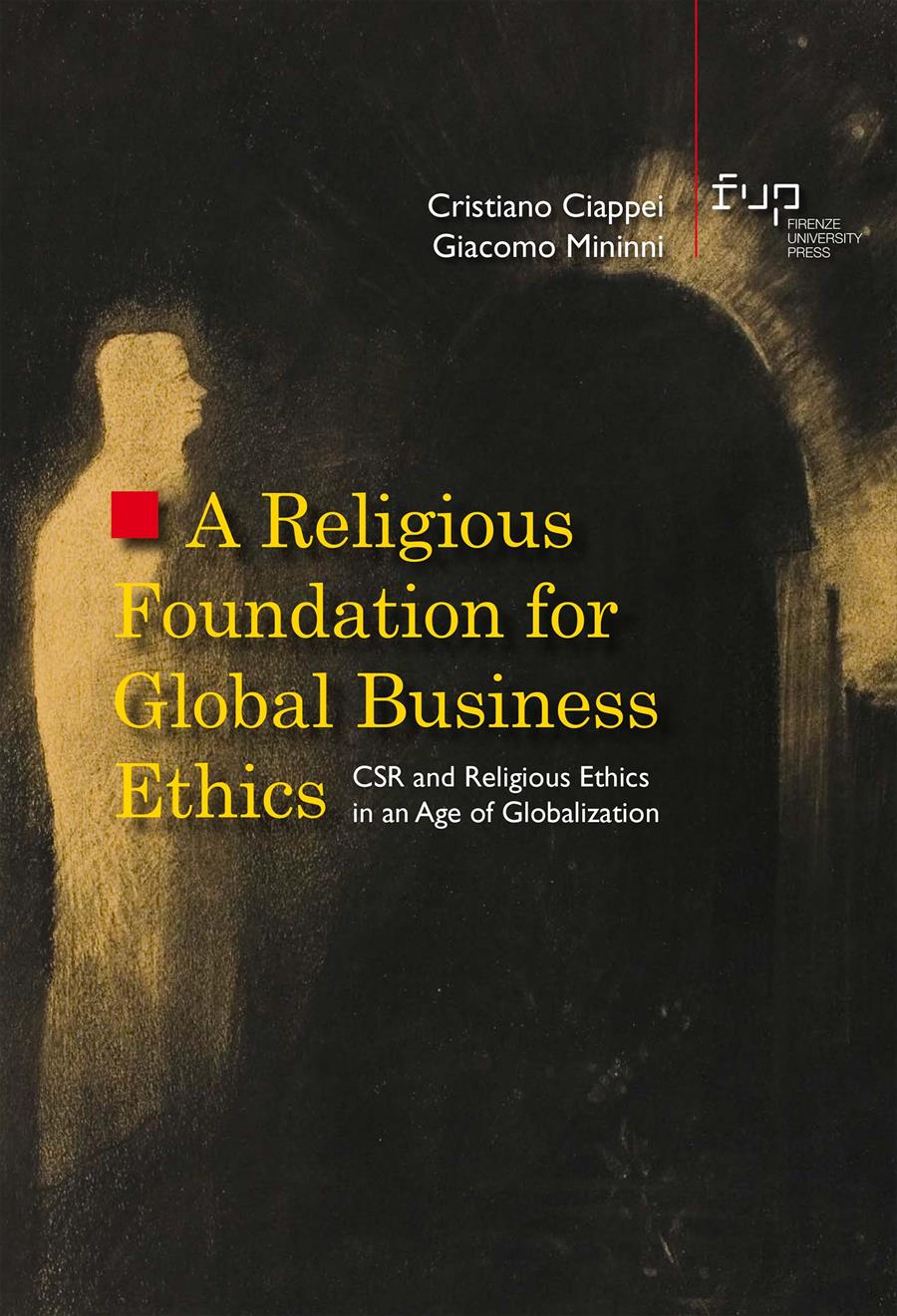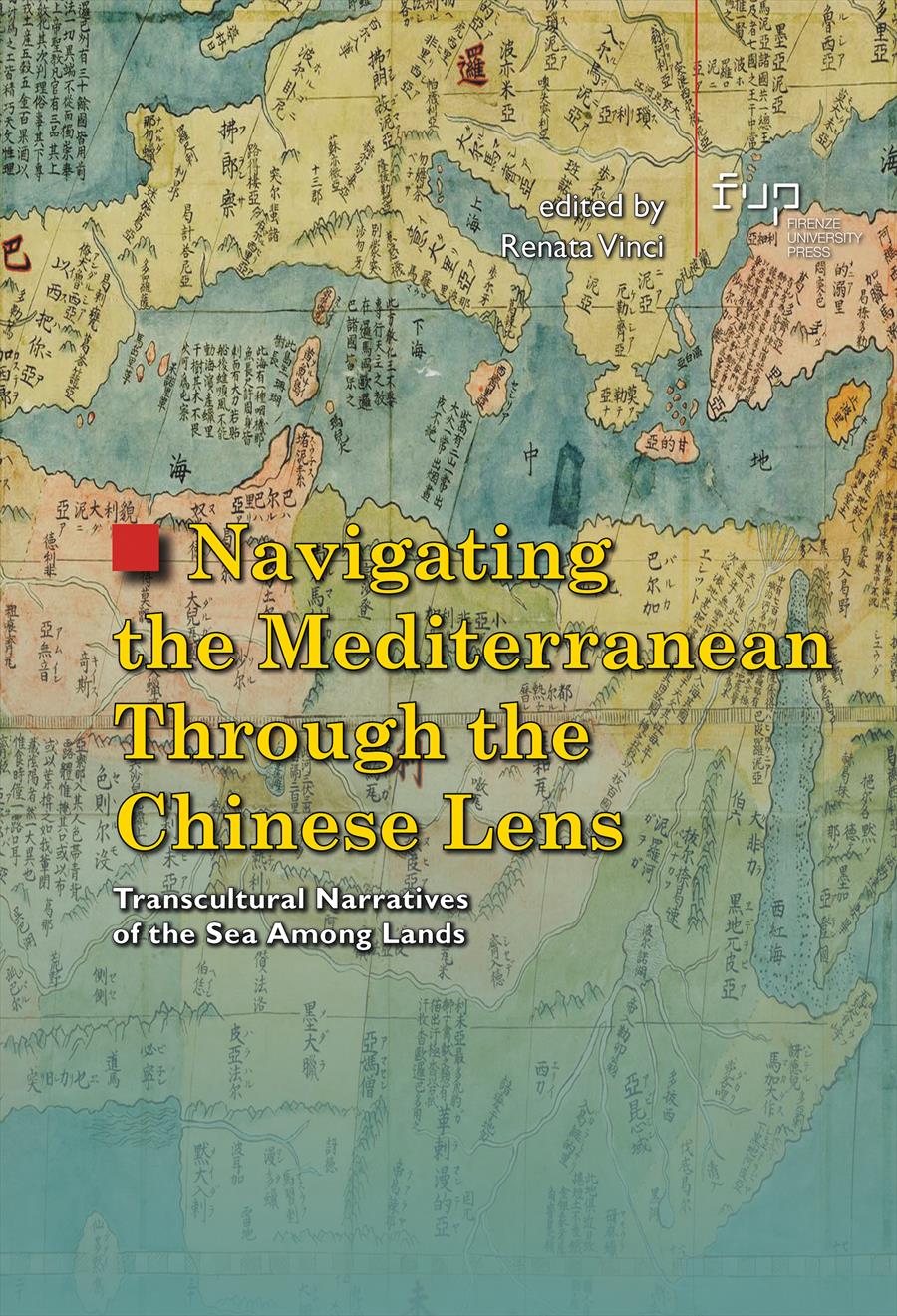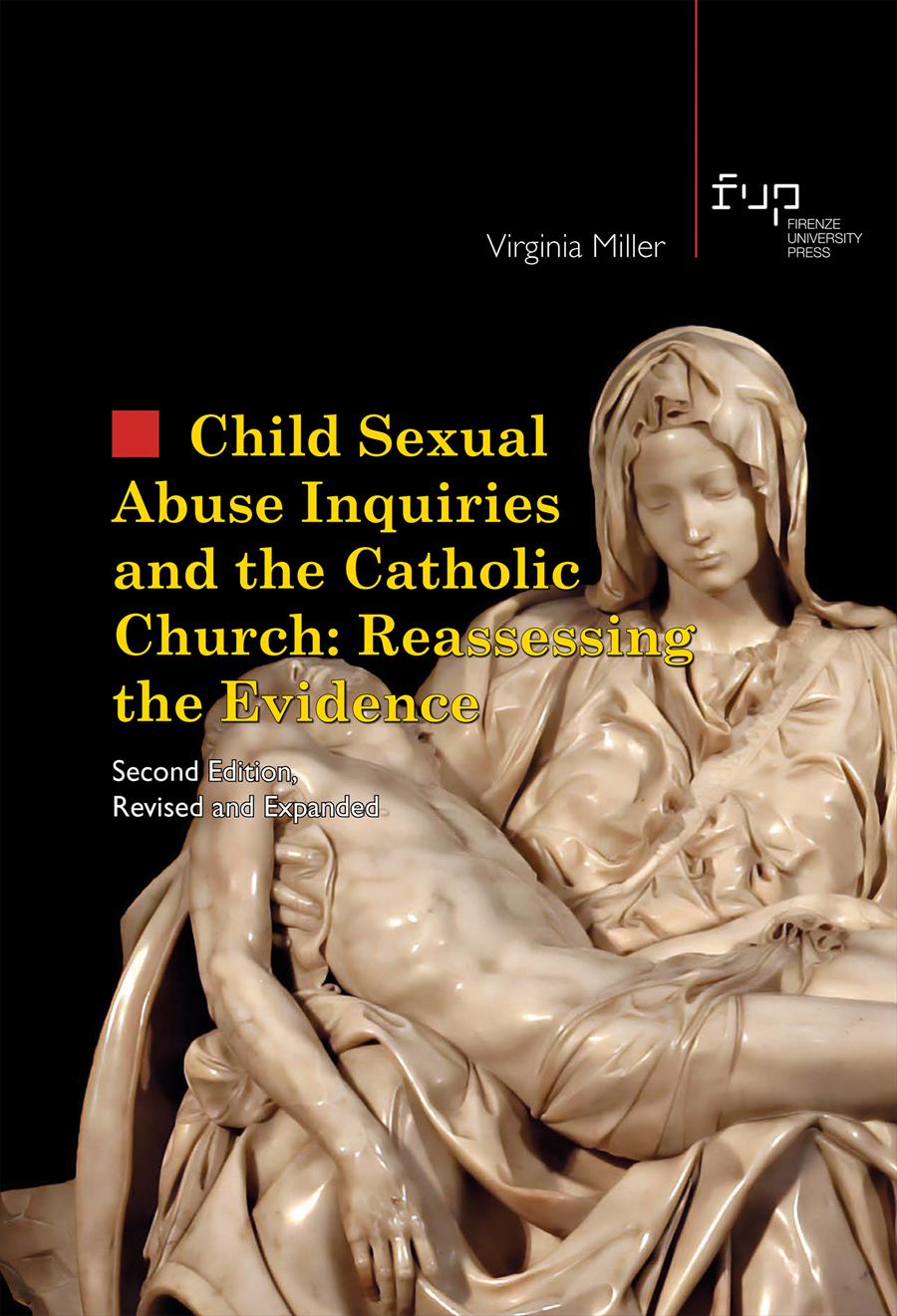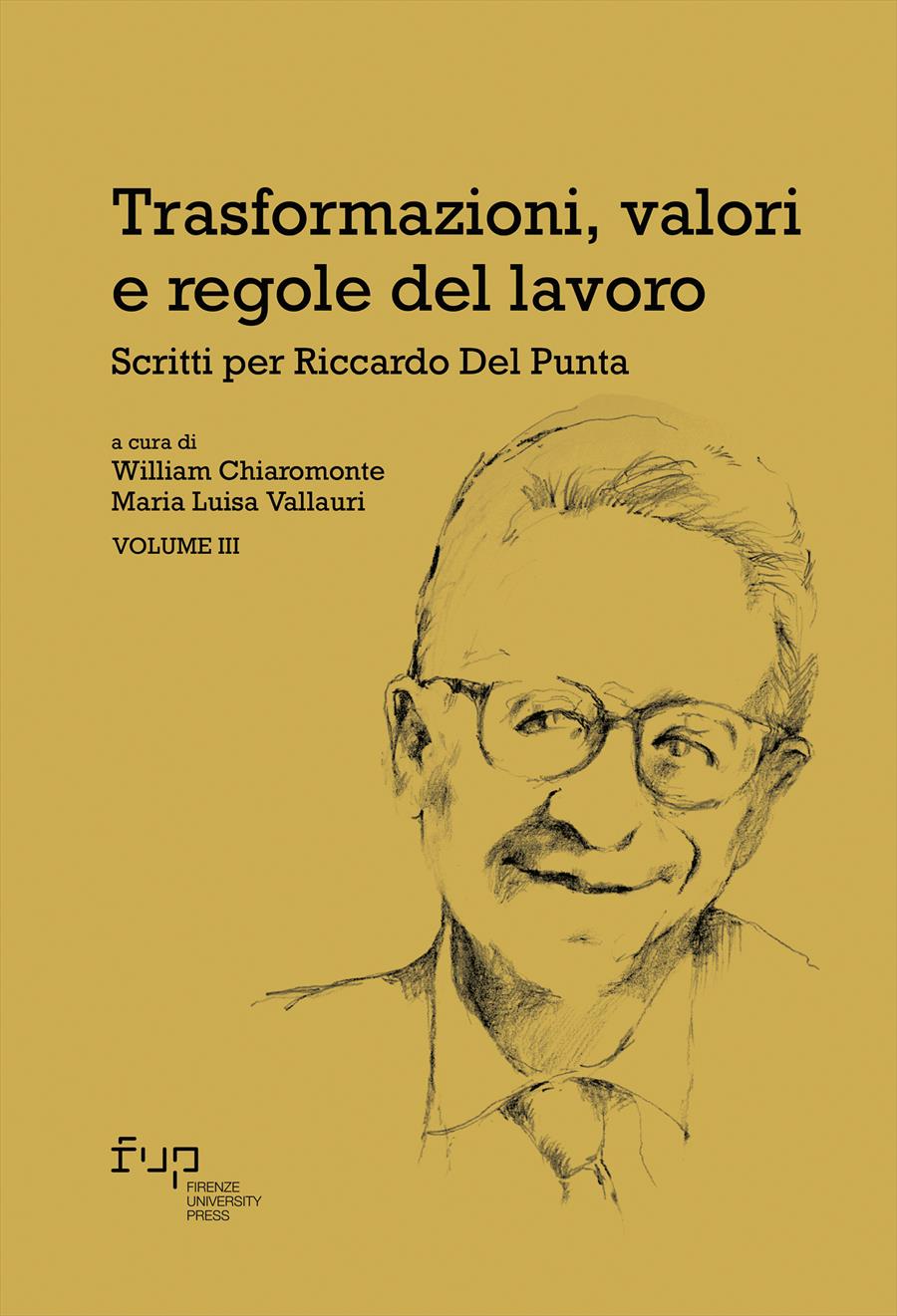Linee di fuga. Nietzsche, Foucault, Deleuze
- Stefano Berni,
- Ubaldo Fadini,
Foucault and Deleuze, "untimely" thinkers after and with Nietzsche. In substance, thought is such only when it creates friction, generates opposition and, in short, serves as a toolbox for saying something different, even by forcing and betraying the literal thought of the writer. This doesn't mean we can say anything and everything, following a trend that has been, in a sense, attributed precisely to post-structuralism – the current of thought in which the two French philosophers are generally placed. The ontology of the modernity to which Foucault referred, taking up the Nietzschean teaching on unmodern or untimely living, signifies that the philosopher has to look to the present, grasp the world in transformation and try, as far as possible, to forge ahead with his own line of deterritorialisation (to take up Deleuze and Guattari). Philosophy must not only grasp the theoretical aspects but must fully investigate the socio-cultural complexity, identifying at least some areas of the conceptual framework of a study that is also intended to be politically incisive.
- Keywords:
- Estetica,
- Nietzsche,
- Foucault,
- Deleuze,
- DOI: 10.36253/978-88-6453-070-3
- Series: Studi e saggi
- Scientific Board: Consiglio Editoriale FUP 2007-2010
- Language: Italian
- Subjects: Philosophy
Purchase
University of Siena, Italy
University of Florence, Italy - ORCID: 0000-0002-1425-0540
Ubaldo Fadini teaches at the University of Florence, dealing principally with philosophic anthropology and aesthetics. Figure del tempo. A partire da Deleuze/Bacon (Ombre corte 2003); Soggetti a rischio. Fenomenologie del contemporaneo (Città aperta 2004); Le mappe del possibile. Per un'estetica della salute (Clinamen 2007); La vita eccentrica. Soggetti e saperi nel mondo della rete (Dedalo 2009).
- Publication Year: 2010
- Pages: 188
- eISBN: 978-88-6453-070-3
- Content License: CC BY-NC-ND 3.0 IT
- © 2010 Author(s)
- Publication Year: 2010
- Pages: 188
- ISBN: 978-88-6453-067-3
- Content License: CC BY-NC-ND 3.0 IT
- © 2010 Author(s)
- Publication Year: 2010
- eISBN: 978-88-9273-746-4
- Content License: CC BY-NC-ND 3.0 IT
- © 2010 Author(s)
Bibliographic Information
Book Title
Linee di fuga. Nietzsche, Foucault, Deleuze
Authors
Stefano Berni, Ubaldo Fadini
Peer Reviewed
Number of Pages
188
Publication Year
2010
Copyright Information
© 2010 Author(s)
Content License
Metadata License
Publisher Name
Firenze University Press
DOI
10.36253/978-88-6453-070-3
ISBN Print
978-88-6453-067-3
eISBN (pdf)
978-88-6453-070-3
eISBN (xml)
978-88-9273-746-4
Series Title
Studi e saggi
Series ISSN
2704-6478
Series E-ISSN
2704-5919
News and Events
"Linee di fuga. Nietzsche, Foucault, Deleuze": presentazione del volume alla Libreria Martelli di Firenze
- 26/03/2010 |
- Libreria Martelli Via de’ Martelli 22r 50129 Firenze
